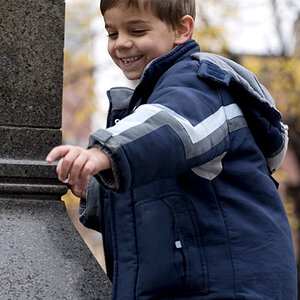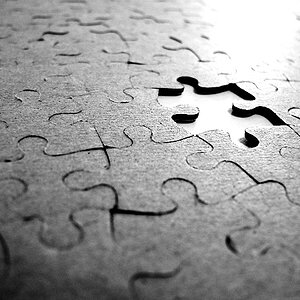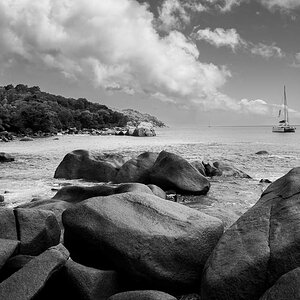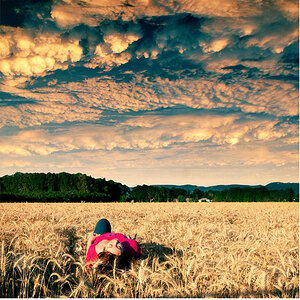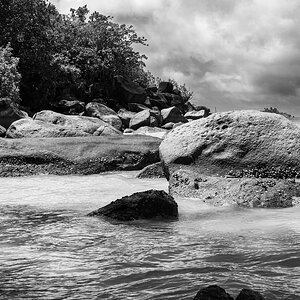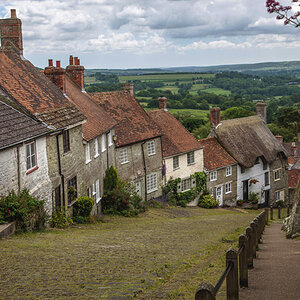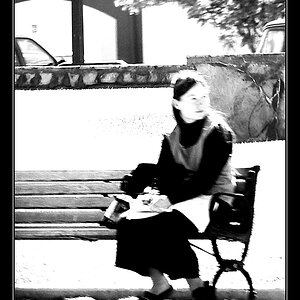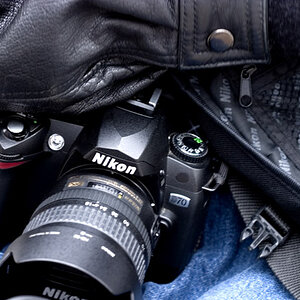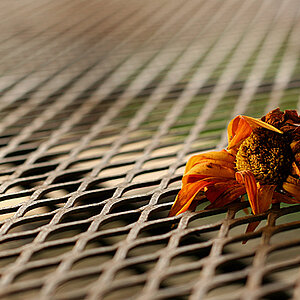mykill
TPF Noob!
- Joined
- Sep 12, 2006
- Messages
- 74
- Reaction score
- 0
- Location
- Columbus, Ohio
- Can others edit my Photos
- Photos OK to edit
how do you experienced photographers go about taking your shots (placement and subject matter) i am very new and struggle shooting anything...i would just like some general pointers and overall help about subject matter and how to shoot it...
sorry if i am not being clear
sorry if i am not being clear


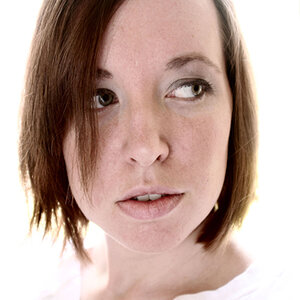
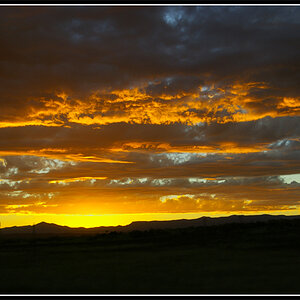
![[No title]](/data/xfmg/thumbnail/34/34062-c0c9c0a752bc1af58237eff1ec850163.jpg?1619736259)
